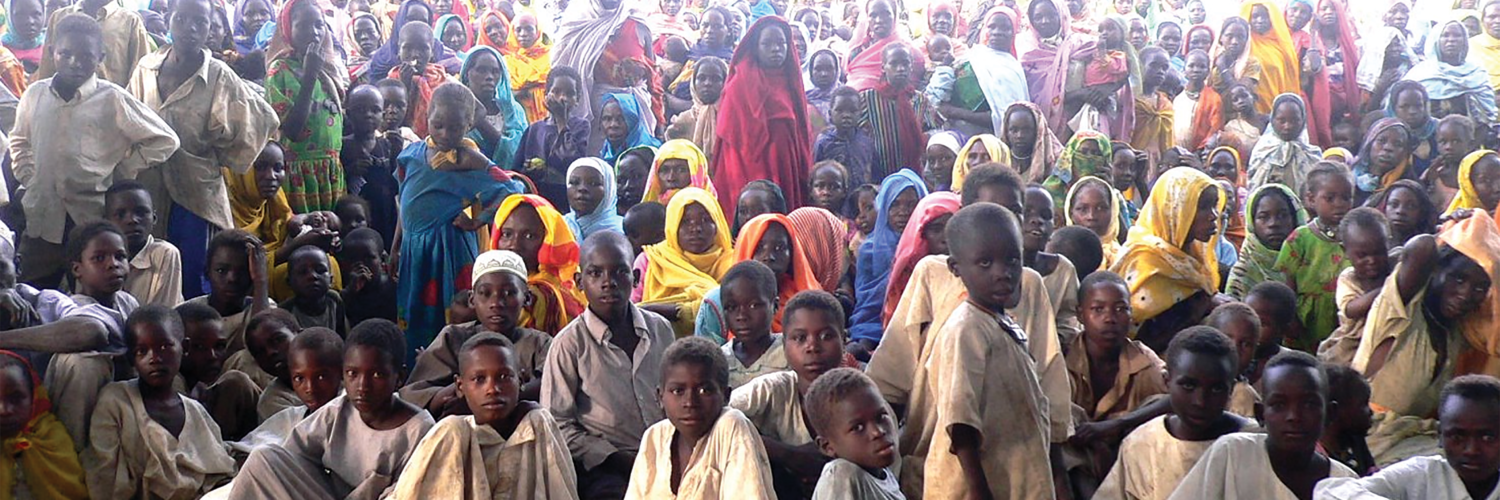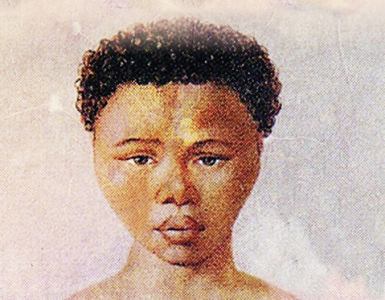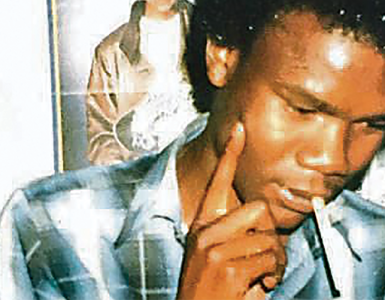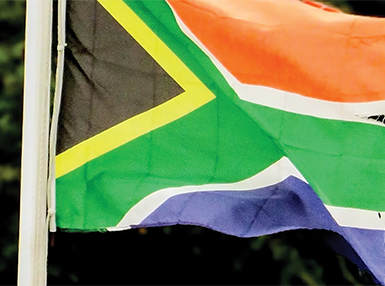SILENCE: The indifference towards Sudan’s suffering can be traced to a disturbing pattern deeply rooted in antiblackness
By Omnia Mustafa and Ghaida Hamdun
In the global discourse on humanitarian crises, the struggle of the Sudanese people is often overshadowed by more widely publicised conflicts.
Currently home to over 10 million displaced individuals and with half its population experiencing acute hunger, Sudan faces the world’s most severe humanitarian and displacement crisis. Yet the silence surrounding Sudan’s struggle is clear, leading to a pressing question:
Why is the plight of the Sudanese consistently overlooked?
This indifference toward Sudan’s suffering can be traced to a disturbing pattern of anti-blackness—a pervasive societal attitude that systematically downplays the agony of black communities, particularly within the African continent.
The intricate history of Sudan, marred by European colonialism and Arab conquests, has left an indelible impact, perpetuating a relentless cycle of marginalisation and violence.
Arabisation policies, implemented during periods of conquest, further inflamed ethnic tensions, culminating in atrocities such as the Darfur genocide, which began in 2003 under the dictatorship of Omar al-Bashir.
Al-Bashir’s ruthless reinforcement of Arab supremacy, not only suppressed minority ethnic populations, but also sowed the seeds for what is now recognised as the first and longest ongoing genocide of the 21st century.
The insidious racism directed toward the people of Nuba and South Sudan illuminates how certain ethnic groups in Sudan, despite the universal blackness of the nation, endure heightened suffering due to their perceived proximity to blackness.
The Sudanese experience, caught between the forces of Africanism and Arabism, is marked by identity crises that resonate deeply within the collective consciousness. Racism, from overt bigotry to subtle micro-aggressions, stains the Sudanese experience in the Middle East and North Africa (MENA) region.
Racist remarks and the use of blackface to portray Sudanese characters have become normalised within the Arab entertainment industry—visible manifestations of the underlying anti-black sentiment.
However, the normalisation of racism extends far beyond the realm of entertainment. A recent incident involving a Gaza reporter making a derogatory remark about skin colour, when aid intended for Sudan was rerouted to Gaza, exposed the deeply rooted anti-black sentiment within Arab communities. The response on social media, dismissing Sudanese concerns as overly “Westernized,” highlighted a fundamental misunderstanding and denial of the pervasive anti-blackness within Arab culture.
On the internet, Sudanese people who displayed their discomfort with the situation were called “ignorant Americans,” despite having never stepped foot in America their whole lives.
Despite the reporter’s subsequent apology and the Sudanese community’s acceptance of it, the reaction to Sudanese people expressing their concerns about a comment on skin colour amid ongoing war and genocide underscored the depth of the issue.
This incident is a microcosm of the larger challenge faced by Sudanese activists, as they contend with both global indifference and the denial and normalisation of anti-blackness within Arab communities.
Arab supremacy, far from being benign, not only perpetuates suffering but also has the potential to escalate into genocide. The denial of its existence isn’t merely an oversight; it becomes a dangerous force that blinds societies to the real consequences of such supremacist ideologies.
In Sudan, Arab supremacy has become pervasive and destructive, dictating policies and attitudes that exacerbate suffering and deepen divisions.
Despite the undeniable consequences, a paradoxical phenomenon unfolds within Sudanese communities. Amid the chaos and strife, many individuals proudly cling to their Arab identity while distancing themselves from their African heritage.
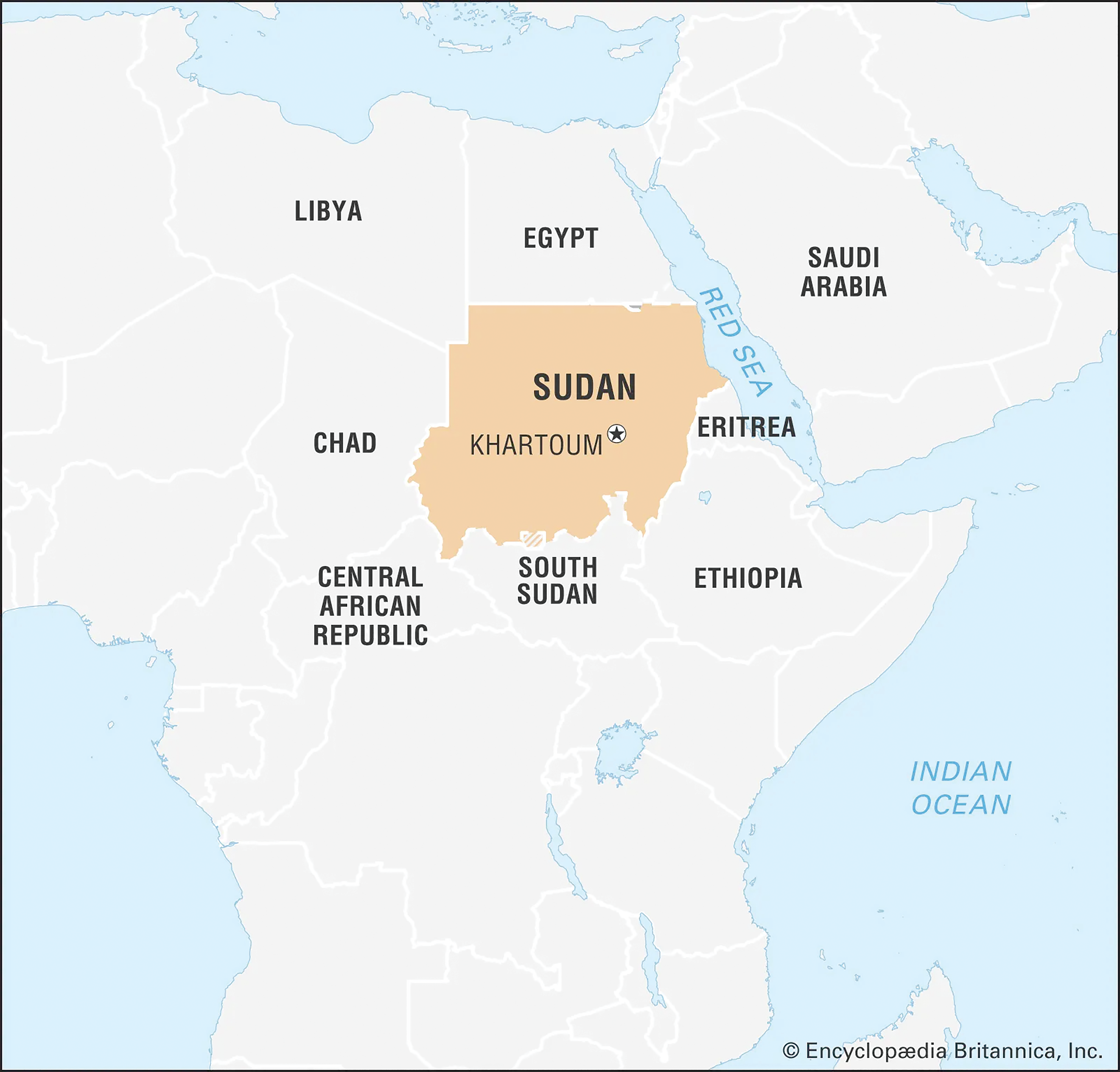 This dynamic is rooted in the ideology of Arab supremacy, which falsely dictates that Africans are inherently inferior to Arabs. This internalised superiority complex has severe consequences for the nation, further fragmenting an already fractured society.
This dynamic is rooted in the ideology of Arab supremacy, which falsely dictates that Africans are inherently inferior to Arabs. This internalised superiority complex has severe consequences for the nation, further fragmenting an already fractured society.
In shedding light on Sudan’s silent suffering, this article calls for more than passive acknowledgment; it urges a collective awakening to the need for action. Breaking the chains of indifference demands a concerted effort to dismantle the deeply ingrained issues of anti-blackness and historical trauma that continue to cast a dark shadow over the Sudanese people.
The current war in Sudan, which has been ongoing since April 2023, has left tens of thousands dead and millions displaced and out of school; only through a shared commitment to understanding, empathy, and active intervention can the Sudanese people hope for a future free from the shackles of indifference and oppression.
By listening to Sudani voices, amplifying their emotions and words internationally, and calling for an end to foreign involvement in the conflict unless it is to condemn the RSF militia, we can all come together with the Sudanese community to give the people their homes, dreams, aspirations, and livelihood back.
To create a new world where civilians can lead their government and their futures. Because Sudanese people deserve better, we all deserve better, and we’re all Sudanese.
- Omnia Mustafa is an internally displaced Sudanese and IR graduate. Ghaida Hamdun is a Sudanese Canadian and student. The article was sourced from

